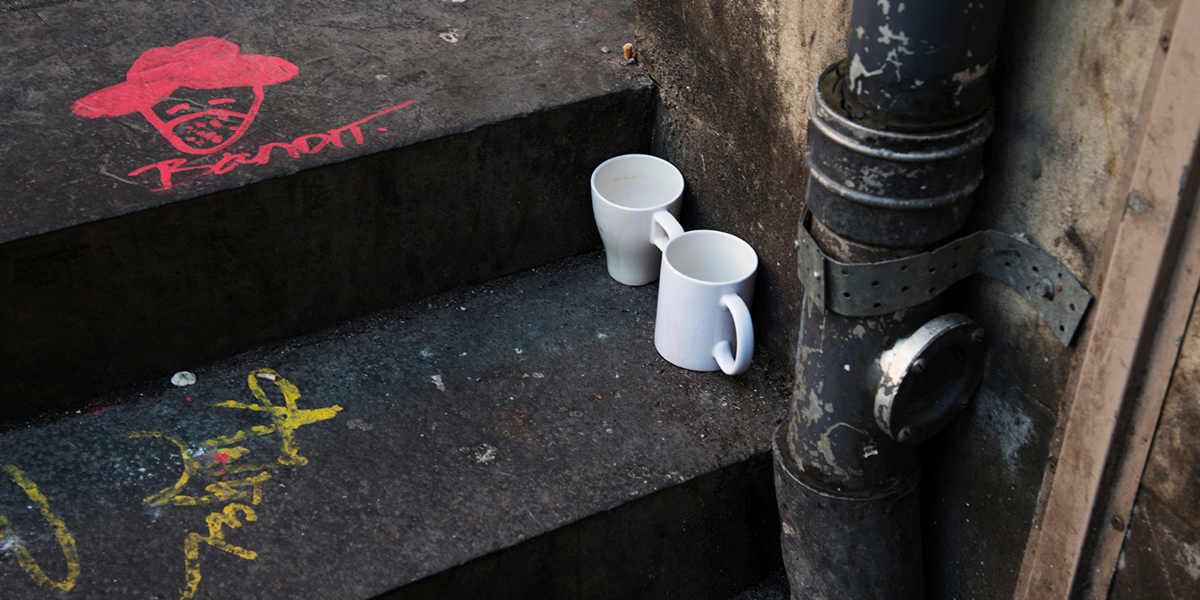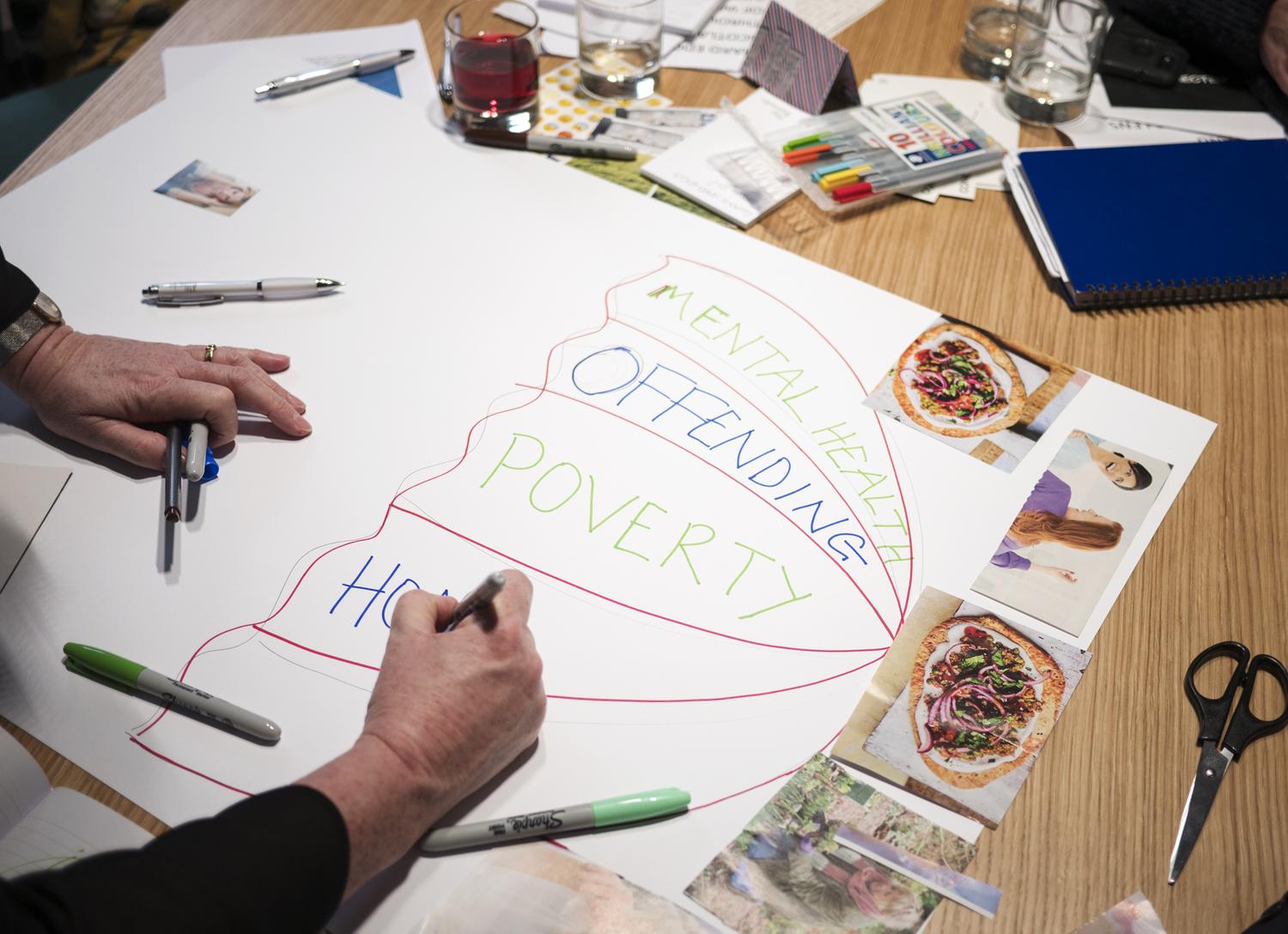In 2018 Lankelly Chase and The Roberston Trust commissioned the Heriot-Watt University to carry out research which aimed to establish a statistical profile of the extent and nature of severe and multiple disadvantage in Scotland.
The research focussed on five key manifestations of severe and multiple disadvantage: homelessness, offending, substance dependency, mental ill health and domestic violence and abuse. The report highlights the complexity of the lives of people facing multiple disadvantage in Scotland. It also details the challenges that charitable services and the public sector are facing. In particular, the report illustrates the mismatch between the multiple disadvantages people face and the fact that services are often set up to address ‘single issues’.
Main findings
Key findings – each year in Scotland:
- 5,700 adults experience three ‘core’ forms of severe and multiple disadvantage (homelessness, offending and substance dependency)
- 28,800 experience two out of these three
- 156,700 experience one of these three
- Higher rates of extreme disadvantage are found in urban compared to rural areas
- Glasgow, West Dunbartonshire, Clackmannanshire, Dundee, North Ayrshire and Aberdeen City show high prevalence of people experiencing ‘core’ forms of severe and multiple disadvantage
- Affluent, suburban towns and the Highlands and Islands have lower rates.
The report has been the launch point for ongoing conversations across the country about how people with complex needs are able to shape and access the support they need. It also continues to inform our ongoing work around systems and how they need to adapt to better meet the needs of those they are there to serve.
Read the report on the website of Lankelly Chase.






